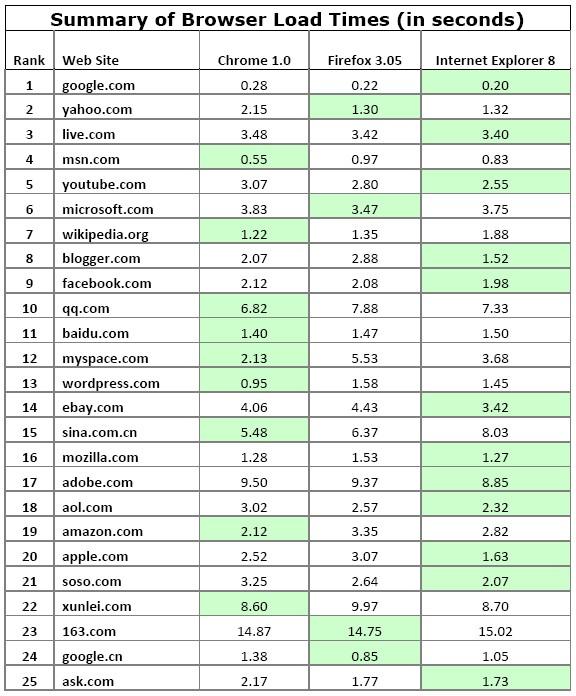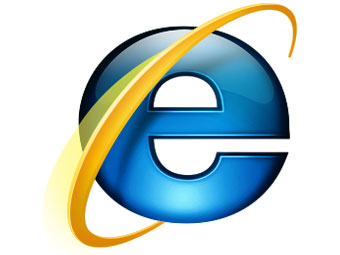The next iteration of the Microsoft developed web browser, Internet Explorer 8 (IE8), will reach another milestone in its developed process on the 20th of March – according to Microsoft Taiwan, this is when IE8 RTW (release to web) will be released. Microsoft has not issued an official comment on the release date; what it did is run a series of tests on Internet Explorer which apparently showcased the fact that IE8 is faster than Mozilla’s Firefox 3.0.5 and Google’s Chrome 1.0.
Last week, Microsoft Taiwan released the local version of IE8, and during the presentation it came to light that the English version will be rolled out three days from now (March 20th). If that is indeed the case, then we can forget all about Internet Explorer 8 RC1 (IE8 RC1) which was released at the beginning of the year and focus on a software version that should prove to be better, at least from a stability point of view.
“The entire premise of our IE8 is to create user stickiness, so that Internet users don’t need to wander around the Web in search of their favorite sites because Microsoft has already thought ahead and consolidated the sites for them,” General Manager with Microsoft Taiwan, Davis Tsai, explained.
With Microsoft keeping quiet about all this, we will just have to wait and see if these claims are accurate.
Moving on, a test conducted by Microsoft in its own labs came to one very intriguing conclusion: IE8 is faster than Firefox 3.0.5 and Chrome 1.0 (Opera and Safari were not included). In the test, the three web browsers had to accomplish one task: access 25 sites on the web; the load times were recorded and compared.
“Of the top 25 most popular sites in the world, IE8 wins 48% of the time, Chrome wins 36% of the time, and FF only wins 16% of the time. Of course, they didn’t cherry pick the sites they tested. They chose the top 25 sites as reported by ComScore in December 2008. We encourage (and expect) people to run their own tests to measure page load times and for the browser industry at large to create a test that can accurately measure page load times – as seen by the user – across browsers,” commented Windows Communications Manager on the Windows Client Communications Team, Brandon LeBlanc.

Last week, Microsoft Taiwan released the local version of IE8, and during the presentation it came to light that the English version will be rolled out three days from now (March 20th). If that is indeed the case, then we can forget all about Internet Explorer 8 RC1 (IE8 RC1) which was released at the beginning of the year and focus on a software version that should prove to be better, at least from a stability point of view.
“The entire premise of our IE8 is to create user stickiness, so that Internet users don’t need to wander around the Web in search of their favorite sites because Microsoft has already thought ahead and consolidated the sites for them,” General Manager with Microsoft Taiwan, Davis Tsai, explained.
With Microsoft keeping quiet about all this, we will just have to wait and see if these claims are accurate.
Moving on, a test conducted by Microsoft in its own labs came to one very intriguing conclusion: IE8 is faster than Firefox 3.0.5 and Chrome 1.0 (Opera and Safari were not included). In the test, the three web browsers had to accomplish one task: access 25 sites on the web; the load times were recorded and compared.
“Of the top 25 most popular sites in the world, IE8 wins 48% of the time, Chrome wins 36% of the time, and FF only wins 16% of the time. Of course, they didn’t cherry pick the sites they tested. They chose the top 25 sites as reported by ComScore in December 2008. We encourage (and expect) people to run their own tests to measure page load times and for the browser industry at large to create a test that can accurately measure page load times – as seen by the user – across browsers,” commented Windows Communications Manager on the Windows Client Communications Team, Brandon LeBlanc.


























